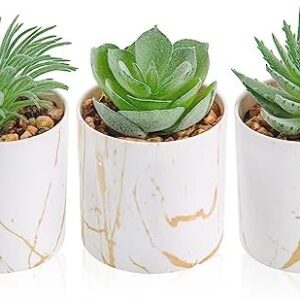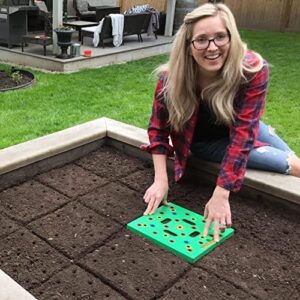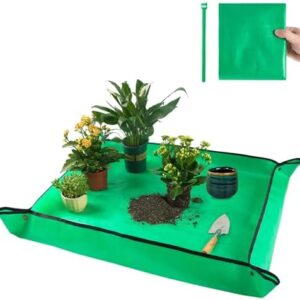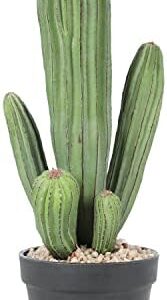Have you ever found yourself struggling to keep your plants alive and thriving? Do you often find yourself wondering why your green thumb seems to be more of a black thumb instead? Well, fear not! With a little bit of know-how and some helpful tips, you can become a master of plant care in no time.
First and foremost, it’s important to understand that plants are living beings that require proper care and attention in order to grow and flourish. Just like any other living creature, plants need water, sunlight, and nutrients to survive. By providing these essentials in the right amounts, you can ensure that your plants are happy and healthy.
One of the most common mistakes that people make when caring for plants is overwatering. While it may seem like a good idea to give your plants plenty of water, too much water can actually do more harm than good. Overwatering can lead to root rot and other issues that can ultimately kill your plant. To avoid this, it’s important to only water your plants when the top inch of soil is dry to the touch. Additionally, make sure to use a well-draining potting mix to prevent water from pooling at the bottom of the pot.
On the flip side, not giving your plants enough water can also be detrimental to their health. It’s important to strike a balance and water your plants consistently, but not excessively. Each plant has its own unique watering needs, so make sure to do some research and determine the specific requirements of your plants. As a general rule of thumb, most plants prefer to be watered once or twice a week, depending on the time of year and the type of plant.
In addition to water, plants also need sunlight in order to thrive. Different plants have different sunlight requirements, so it’s important to know how much sunlight your plants need and place them accordingly. Some plants thrive in full sun, while others prefer partial shade. Make sure to read the care instructions that come with your plants or do some research to determine how much sunlight they need.
If you don’t have access to natural sunlight, you can also use grow lights to supplement your plants’ lighting needs. Grow lights come in a variety of shapes and sizes, so make sure to choose the right one for your plants. Position the grow light above your plants and leave it on for about 12-14 hours a day to simulate natural sunlight.
Finally, plants also require nutrients in order to grow healthy and strong. While soil provides some nutrients, it’s often not enough to sustain your plants in the long run. To give your plants a boost, consider fertilizing them on a regular basis. There are many different types of fertilizers available, so make sure to choose one that is specifically formulated for the type of plants you have.
When fertilizing your plants, it’s important to follow the instructions on the packaging and avoid over-fertilizing. Too much fertilizer can burn your plants’ roots and cause them to become unhealthy. As a general rule of thumb, fertilize your plants once a month during the growing season and reduce the frequency during the winter months when plants are not actively growing.
In addition to watering, sunlight, and nutrients, there are a few other tips and tricks that can help you become a master of plant care. One important tip is to regularly inspect your plants for pests and diseases. Keep an eye out for unusual discolorations, spots, or holes in the leaves, as these can be signs of infestation. If you do notice any issues, act quickly to treat them before they spread to other plants.
Another important tip is to repot your plants as needed. As plants grow, their roots can become bound and cramped in their pots, which can restrict their growth. To prevent this, make sure to repot your plants into larger containers when they outgrow their current pots. Choose a container that is one size larger than their current pot and make sure to use fresh potting mix when repotting.
Lastly, make sure to give your plants some TLC on a regular basis. This includes wiping down their leaves to remove dust and dirt, pruning dead or damaged leaves, and giving them an occasional shower to rinse off any buildup. By taking care of your plants and showing them some love, you can ensure that they will continue to thrive and bring beauty into your home.
In conclusion, mastering plant care is not as difficult as it may seem. By providing your plants with the proper amount of water, sunlight, and nutrients, and by following a few simple tips and tricks, you can become a pro at growing healthy and beautiful plants in no time. So go ahead, dust off your green thumb and get started on your journey to becoming a plant care expert!






